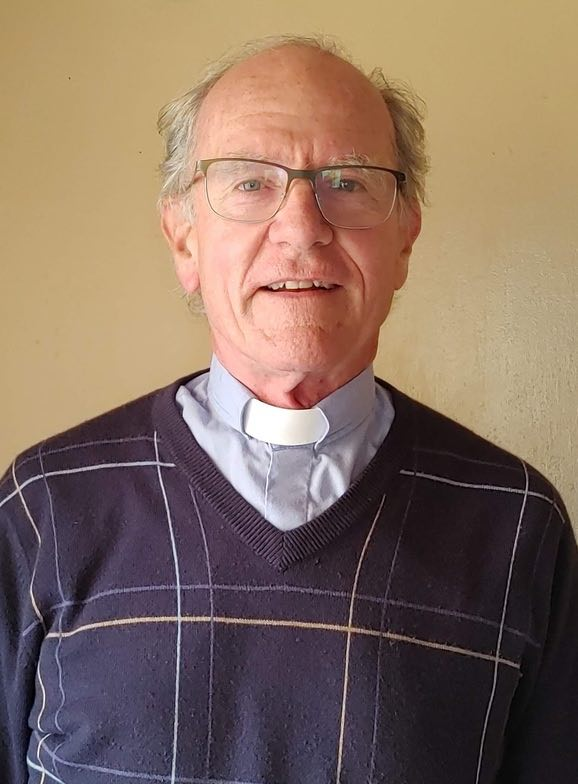
If you are going on a trip, leave your presuppositions behind!
In November, I had the great pleasure of travelling to Galiano Island to celebrate eucharist at St Margaret of Scotland Church. Little did I know the surprises in store for me.
After my hosts, the Walmsleys, had prepared a lovely welcoming dinner for my arrival on Saturday evening, someone said, “We’re going to a book launch, would you like to come?” The author was none other than Loren Wilkinson, Professor Emeritus of Philosophy at Regent College in Vancouver. Expecting a presentation leaning into the more conservative world of theology (a position Regent would certainly have claimed for itself when I was attending the Vancouver School of Theology in the 1970s), I was instead lifted right out of my seat with a scintillating, often challenging, wholly inspiring introduction to a book which has taken me two wonderful weeks to read.
To my joy, the next morning at eucharist, Loren and Ruth Ann were there in their regular spot, only slightly unnerving for the preacher who had no inkling of all this prior to arriving! To top off the whole worship experience, I was treated to some magnificent organ music from the three manual Allen Digital Organ, played by none other that the renowned Ed Norman.
Circles and the Cross is a major work, and yes, it is a work of philosophy and theology. It is not a light read, but Wilkinson’s style is to ground many of his most profound intimations in the sights and experiences of every day life, whether it be contemplating the rough chain-saw-carved Celtic cross on his Galiano property, rowing with a boat-full of students at night over bio-luminescence under a magical summer sky, or noting the seasonal changes on his farm. More than any work of philosophy I have ever read, this book reminded me that philosophy need not be some esoteric gymnastics of the mind, but can and should help us to locate our very real journey through a very real cosmos.
Loren Wilkinson begins with the two greatest mysteries and philosopher’s queries: why is there anything and not nothing, and what does it mean that we can be aware of that? He helpfully summarizes the response of the human community to these mysteries, into three “trees:” Science, Religion and the Arts. In his world, none of these need to be in conflict with each other.
Tracing a broad-brush view of human thought over the millennia, he places blame on the Enlightenment for our long-standing mindset which puts humans over and against — and above in the sense of domination — the Creation around us. He searches for a principle that might offer a more authentic understanding of a Creator and of the cosmos in which we find ourselves, than the utilitarian view that has propelled us into the environmental crisis we are in.
The Celtic cross offers an insight. The circle represents the cycles of nature, and it is closed — in a sense hopelessly doomed to eternally repeat itself. The arms of the cross break through and out of the circle — the suffering of Christ at the centre, pointing to the astonishing newness of resurrection, promising freedom from the closed circle. The self-emptying of Christ is the answer at the core of the cosmos, and represents the very nature of the Creator and the Creation. If you are familiar with the theological term “Kenosis,” you will never think of it in the same way again.
Circles and the Cross is written in clear prose, often calling to be read aloud. Wilkinson includes a massive bibliography, the fruit of 20 years of working on the book. One slight oddity in the present world of publishing — Wilkinson makes no attempt at inclusive language. Having met him, I suspect he would argue that the frequent grammatical distractions involved would not adequately reflect his personal commitment to justice and inclusivity.
If you share in the common despair over the environmental crisis, if you want to better understand your place in this universe, if you want a new and powerful insight into the role of suffering in this world, if you think the death of Christ and His resurrection are central to our faith and the reason for any of the hope lies within you, this book is for you.



